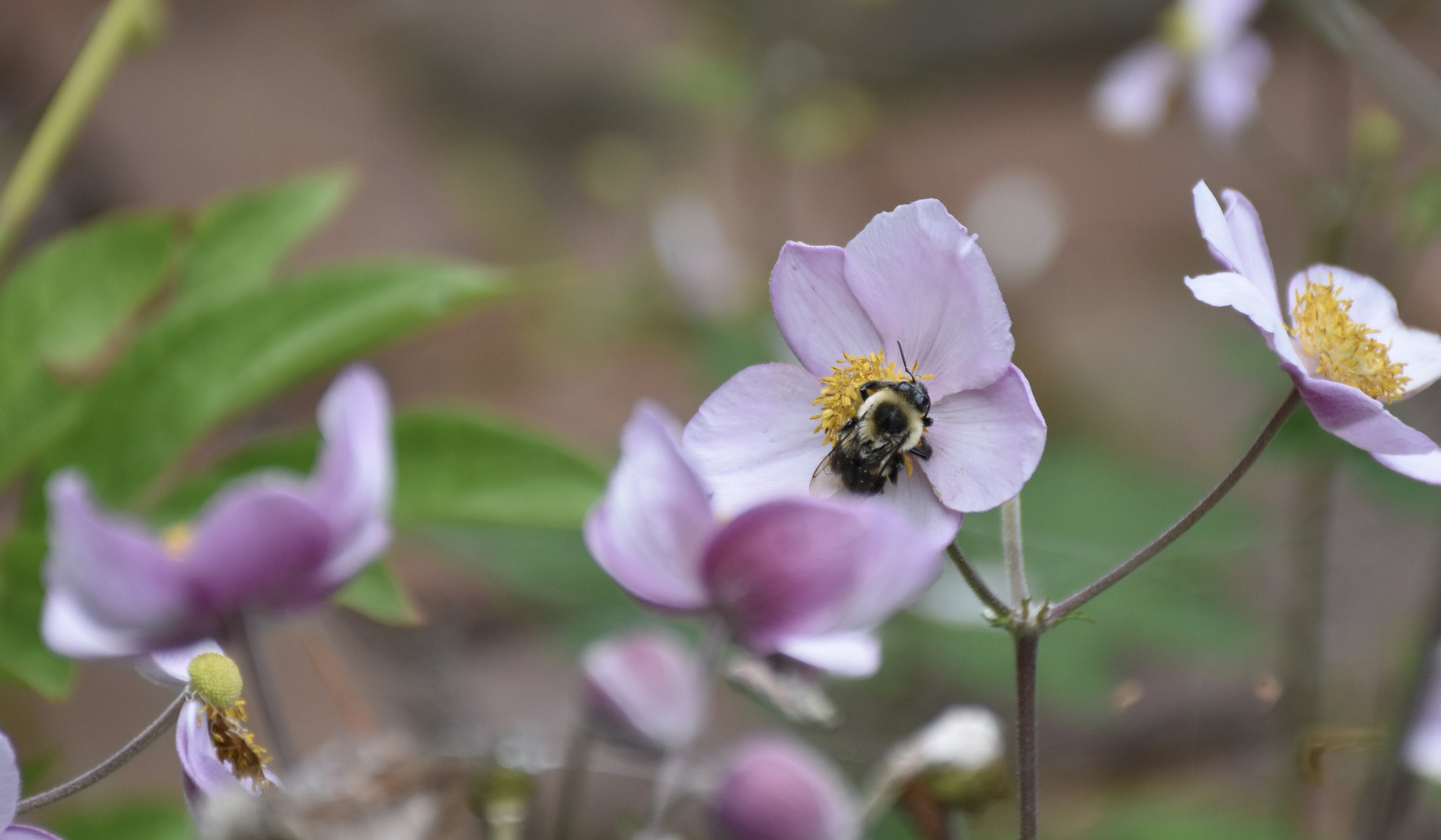The Vital Role of Bees: Why We Need to Protect Them for Our Food and Planet
Bees are much more than just insects that buzz around our gardens. They are essential pollinators, playing a crucial role in our food systems and in maintaining the health of the planet. But with declining bee populations, their importance is becoming more evident. In this post, we'll explore the critical role that bees play in agriculture, ecosystems, and the environment, as well as what we can do to protect them.
Bees and Our Food Supply
Bees are responsible for pollinating approximately 75% of the crops we eat, including fruits, vegetables, and nuts. Without bees, many of the foods we enjoy daily would become scarce and much more expensive. Some of the most common foods that rely on bee pollination include:
Apples
Blueberries
Almonds
Cucumbers
Squash
Cherries
Coffee
In addition to these, bees help increase the yield and quality of crops like cotton, which has implications for both food and non-food industries.
Bees are so efficient that they can pollinate crops better than other methods, such as wind or human intervention. When bees visit flowers to collect nectar, they transfer pollen from the male parts of the plant to the female parts, enabling fertilization and the production of seeds and fruits. The efficiency of bees in this process ensures that we can continue to produce a wide variety of foods for the growing global population.
Bees and Biodiversity
Beyond agriculture, bees are vital to the health of natural ecosystems. They pollinate wild plants, which provide food and habitat for other wildlife. This ensures biodiversity, which is important for ecosystem resilience and health. When bees help plants reproduce, they support ecosystems that in turn provide clean air, water, and soil—services that humans rely on for survival.
For example, bees play a key role in supporting forests and grasslands. These habitats are home to countless species, many of which rely on plants that are pollinated by bees. This delicate balance between bees, plants, and wildlife creates a chain reaction that supports biodiversity, promotes soil health, and reduces the impact of climate change.
Declining Bee Populations: A Global Concern
Unfortunately, bee populations have been in decline globally due to several factors, including:
Pesticide use: Neonicotinoids, a class of pesticides, are known to harm bees, affecting their ability to forage and navigate.
Habitat loss: Urbanization, intensive farming, and deforestation reduce the natural habitats where bees thrive.
Climate change: Changes in temperature and weather patterns affect plant flowering times, disrupting the food supply for bees.
Diseases and pests: Bees are also vulnerable to diseases and parasites like the Varroa mite, which weakens their colonies.
The decline of bee populations could have severe consequences for food security and biodiversity. Without bees, many crops would suffer, and ecosystems would face significant disruptions, leading to a ripple effect throughout the food chain.
What Can We Do to Help?
While the situation is concerning, there are actions we can take to help protect bee populations:
Plant Bee-Friendly Flowers: One of the simplest things you can do is plant a variety of bee-friendly flowers in your garden. Native wildflowers, herbs like lavender and thyme, and flowering plants such as sunflowers and marigolds are all great choices for bees.
Avoid Pesticides: Choose organic methods for controlling pests in your garden, and avoid using harmful chemicals that can affect bees. If you must use pesticides, opt for bee-friendly options and apply them in the evening when bees are less active.
Support Sustainable Farming: Buy organic and sustainably sourced produce when possible. Many organic farms use bee-friendly practices that minimize pesticide use and protect habitats.
Provide Habitats for Bees: You can create a safe space for bees by installing a bee house or leaving areas of your garden undisturbed for solitary bees to nest.
Support Conservation Efforts: Consider donating to or volunteering with organizations that work to protect bees, such as the Xerces Society for Invertebrate Conservation, which advocates for pollinator protection.
Conclusion
Bees are essential for both our food systems and the health of the planet. As pollinators, they not only ensure that we have a diverse and nutritious food supply but also support ecosystems that humans and other species rely on. However, with bee populations in decline, it’s important for us to take action to protect these vital creatures. By making small changes in our daily lives and supporting bee conservation, we can help ensure that bees continue to thrive and support life on Earth.
Sources:
Pollinator Partnership. (n.d.). Pollination Fast Facts. https://www.pollinator.org
Food and Agriculture Organization of the United Nations (FAO). (2018). Why Bees Matter: The Importance of Bees and Other Pollinators in Food and Agriculture. https://www.fao.org
The Xerces Society for Invertebrate Conservation. (n.d.). Pollinator Conservation. https://xerces.org
ScienceDirect. (2021). The Decline of Pollinators and Its Impact on Crop Production. https://www.sciencedirect.com
